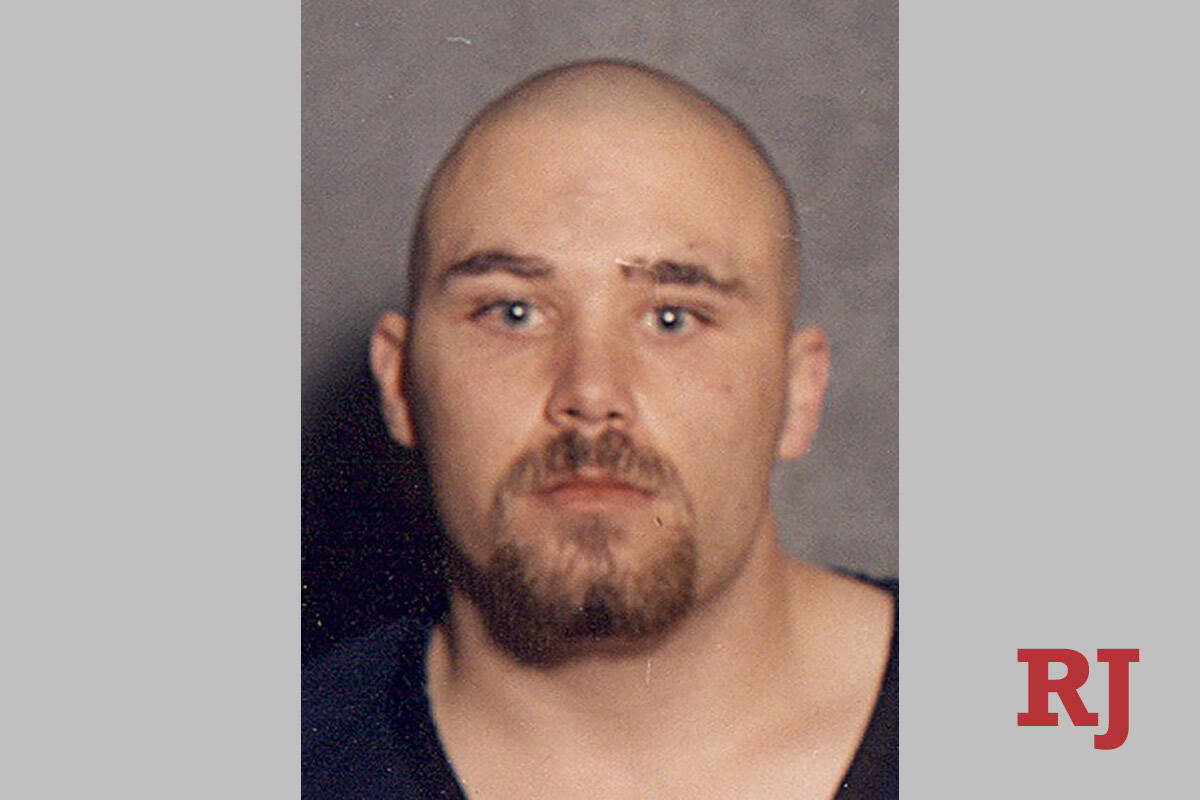Expert: Drugs for quadruple killer’s execution could fill his lungs with fluid
An anesthesiologist testified on Wednesday that the high dosage of drugs Nevada wants to use to execute death row inmate Zane Floyd could cause his lungs to fill with fluid.
Dr. Joel Zivot, an anesthesiologist from Emery University who’s done research on lethal injections, said autopsies of prisoners executed in other states showed signs of pulmonary edemas, meaning the prisoners’ lungs were being “destroyed” and filled with liquid as they were administered the lethal drugs.
“If your lungs were filled with fluid, it would be akin to suffocating or drowning,” Zivot said.
Zivot’s testimony in a federal courtroom in Las Vegas came during a three-day evidentiary hearing regarding Nevada’s plan to execute the death row prisoner. Floyd’s attorneys are expected to call witnesses throughout the hearing, which began Tuesday. Testimony from state experts is expected to be heard during hearings scheduled in December.
Floyd, now 46, was sentenced to die for fatally shooting four people and gravely wounding another in a Las Vegas grocery store more than two decades ago. He also was convicted of repeatedly raping a woman before the shooting.
In late June, U.S. District Judge Richard Boulware issued a stay of Floyd’s execution and prevented prosecutors from moving forward until mid-October.
Prosecutors had planned to have Floyd put to death at the end of July.
Chief Deputy Attorney General Randall Gilmer said Wednesday that, pending the outcome of the federal court proceedings, the state intends to carry out Floyd’s execution by February. The Nevada Supreme Court is set to rule on appeals of Floyd’s conviction, which would have to be resolved before the execution could be carried out.
If Floyd is put to death, he would be the first person executed in Nevada since 2006.
“Acid into the bloodstream”
Zivot said the pulmonary edemas seen in executed prisoners can be explained by the high drug doses needed for lethal injections. Some drugs used in executions are combined with acidic solutions that are harmless in small doses, but they could have negative effects in substantial quantities.
“You’re basically injecting a large amount of acid into the bloodstream,” Zivot said.
Zivot also testified that the large dose of ketamine could trigger Floyd’s vocal cords to constrict, preventing him from speaking or breathing.
Dr. Mark Heath, who testified for a total of nearly seven hours over two days, said Tuesday that the 1,000 milligram dosage of ketamine proposed by the state is 10 times the amount he normally uses with patients.
“I really don’t know what would happen with that kind of dosage,” he said.
Heath, an assistant professor of anesthesiology at Columbia University Medical Center, also testified that Nevada plans to use drugs that have never been combined in an execution.
Those drugs include ketamine, an anesthetic similar to PCP and the painkiller fentanyl or the similar drug alfentanil. The proposed protocol from the Department of Corrections indicates that the state also may use cisatracurium, which is a paralytic drug, according to court documents.
The state would issue the drugs in order, starting with the fentanyl or alfentanil, then the ketamine, the possible paralytic and, finally, potassium chloride or potassium acetate to induce cardiac arrest.
Boulware on Wednesday ordered state attorneys to notify the court if they obtain different drugs than the ones officials currently plan to use.
Heath testified Tuesday that the combination of drugs under the plan might not render Floyd unconscious, so he could be aware, paralyzed and in “agony” while he suffocates.
“No human being should be exposed to the terror and agony of not being able to breathe,” Heath said.
Other cases
In August, Floyd’s lawyers filed a clemency petition in Clark County District Court asking that his death sentence be commuted.
The petition stated that Floyd suffered from brain damage caused by fetal alcohol spectrum disorder and post-traumatic stress disorder from his time in the military and that he endured violent abuse as a child.
In July, the American Civil Liberties Union of Nevada filed a federal complaint on behalf of the Nevada Press Association, asking a judge to ensure that witnesses and reporters can see the entire execution carried out.
Gilmer said Wednesday that the Department of Corrections has changed its protocol so that blinds will be open at all times for witnesses to view the execution.
Floyd’s lawyers also are challenging the intended method of execution in state court. A hearing in the case is scheduled for Dec. 9, court records show.
Contact Katelyn Newberg at knewberg@reviewjournal.com or 702-383-0240. Follow @k_newberg on Twitter.


















